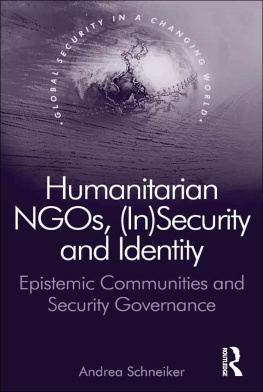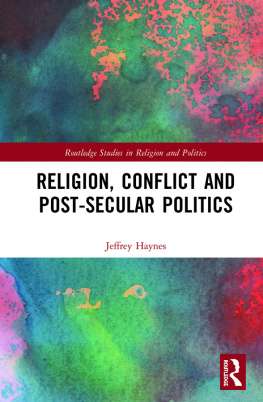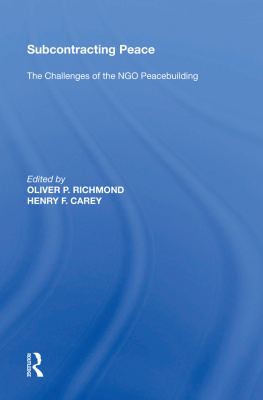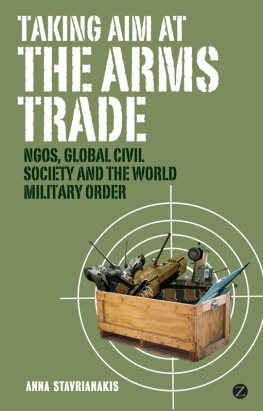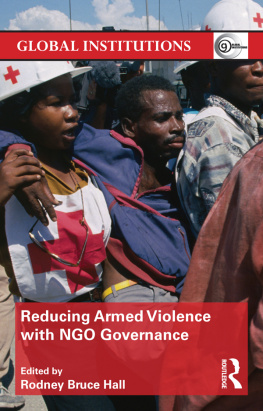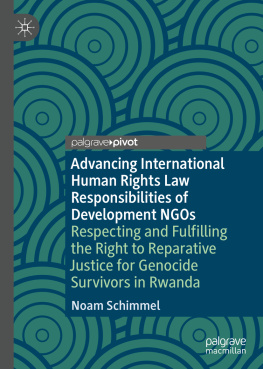Patrice C. McMahon - The NGO Game: Post-Conflict Peacebuilding in the Balkans and Beyond
Here you can read online Patrice C. McMahon - The NGO Game: Post-Conflict Peacebuilding in the Balkans and Beyond full text of the book (entire story) in english for free. Download pdf and epub, get meaning, cover and reviews about this ebook. year: 2017, publisher: Cornell University Press, genre: Politics. Description of the work, (preface) as well as reviews are available. Best literature library LitArk.com created for fans of good reading and offers a wide selection of genres:
Romance novel
Science fiction
Adventure
Detective
Science
History
Home and family
Prose
Art
Politics
Computer
Non-fiction
Religion
Business
Children
Humor
Choose a favorite category and find really read worthwhile books. Enjoy immersion in the world of imagination, feel the emotions of the characters or learn something new for yourself, make an fascinating discovery.

- Book:The NGO Game: Post-Conflict Peacebuilding in the Balkans and Beyond
- Author:
- Publisher:Cornell University Press
- Genre:
- Year:2017
- Rating:4 / 5
- Favourites:Add to favourites
- Your mark:
The NGO Game: Post-Conflict Peacebuilding in the Balkans and Beyond: summary, description and annotation
We offer to read an annotation, description, summary or preface (depends on what the author of the book "The NGO Game: Post-Conflict Peacebuilding in the Balkans and Beyond" wrote himself). If you haven't found the necessary information about the book — write in the comments, we will try to find it.
In most post-conflict countries nongovernmental organizations are everywhere, but their presence is misunderstood. In The NGO Game Patrice McMahon investigates the unintended outcomes of what she calls the NGO boom in Bosnia and Kosovo. Using her years of fieldwork and interviews, McMahon argues that when international actors try to rebuild and reconstruct post-conflict countries, they often rely on and look to NGOs. Although policymakers and scholars tend to accept and even celebrate NGO involvement in post-conflict and transitioning countries, they rarely examine why NGOs have become so popular, what NGOs do, or how they affect everyday life.After a conflict, international NGOs descend on a country, local NGOs pop up everywhere, and money and energy flow into strengthening the organizations. In time, the frenzy of activity slows, the internationals go home, local groups disappear from sight, and the NGO boom goes bust. Instead of peace and stability, the embrace of NGOs and the enthusiasm for international peacebuilding turns to disappointment, if not cynicism. For many in the Balkans and other post-conflict environments, NGOs are not an aid to building a lasting peace but are part of the problem because of the turmoil they foster during their life cycles in a given country. The NGO Game will be useful to practitioners and policymakers interested in improving peacebuilding, the role of NGOs in peace and development, and the sustainability of local initiatives in post-conflict countries.
Patrice C. McMahon: author's other books
Who wrote The NGO Game: Post-Conflict Peacebuilding in the Balkans and Beyond? Find out the surname, the name of the author of the book and a list of all author's works by series.

